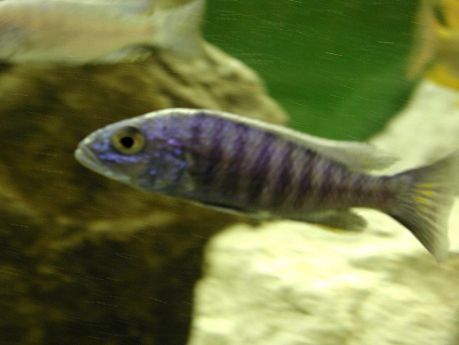Impact of nitrates on host-parasite relationships

Fish, fot. public domain
Nitrate contamination from human activities has increased significantly in recent decades, but its effects on aquatic organisms were not well understood. An EU-funded initiative therefore examined the impact of nitrate pollution on interactions between species, including host-parasite interactions.
New evidence shows that long-term exposure to nitrates not only impairs
growth, fertilisation and fecundity, it also weakens the immune system –
thereby reducing resistance to disease in aquatic species. Nitrates can
favour diseases by directly affecting the performance of and
influencing host-pathogen interactions.
The PARA-TOX (Assessing the toxicity of nitrates in a host-parasite system) project conducted long-term toxicity experiments on a range of aquatic organisms. These included water fleas (Daphnia magna), two crayfish species (Orconectes virilis and Pacifastacus leniusculus), and fish (guppies, Poecilia reticulata and three-spined sticklebacks, Gasterosteus aculeatus).
Project researchers determined the effect of nitrates on feeding behaviour, body condition, reproduction and immunity in guppies, and analysed any interaction effects between nitrates and pathogens. They also investigated the role of acquired immunity in fish and tested for maternally inherited immunity transfer in F1 offspring. In addition, they explored the effect of nitrate levels on invasive species.
Results showed that nitrate levels equal or higher than the legal safe threshold (50 mg/l) can be toxic for fish and/or their parasites. They also revealed that nitrate levels within the values found in European nitrate-vulnerable areas (below 250 mg/l) can alter the foraging behaviour of important keystone species in freshwater ecosystems, including two invasive crayfish species.
A better understanding of how nitrate pollution alters individuals' competitive abilities will increase the accuracy of predictive risk maps. These show how eutrophication might affect the distributional range of species. This information is important for both the conservation of native species and for highlighting those areas that are vulnerable to invasive species.
PARA-TOX demonstrated that alterations to the life histories of these keystone freshwater species can have overall implications for the function of the entire ecosystem. It indicated safe nitrate levels for aquaculture, with regard to farmed fish in recirculating water systems.
The project outcomes therefore help to protect natural freshwater systems and promise economic benefits for the EU's aquaculture sector.
published: 2016-03-29